“He Is Not Here, for He Is Risen”
Matthew 28; Luke 24; John 20–21
LDS manual: here
Purpose
To show contradictions in the resurrection story, and to encourage readers to seek evidence for extraordinary claims.
Reading
This lesson is about the pivotal event of Christianity: the resurrection of Jesus. I say it’s pivotal because if it didn’t happen, then there’s no point to Christianity at all. And Paul says as much.
1 Corinthians 15:14 And if Christ be not risen, then is our preaching vain, and your faith is also vain.
This really came home to me when my father passed on. I realised that I was the grown-up now, and I had to decide how I was going to live. And if there was a life after this, or no life after this, I wanted to know it. It’s amazing how much you can learn when you don’t care about defending the story you’ve always lived by, and you just want to know if you’re right or wrong. Well, at this point, I wanted to know if I was right or wrong.
So for me, the crucial question became: Did the resurrection of Jesus happen?
And my answer: Of course not. Why would it? Don’t be a credulous nincompoop. People don’t just get up from being totally dead. When has that ever happened in all of human experience? Never. So if someone wants to convince me that it really happened, thry’re going to need better evidence than copies of documents. And as Sam Harris points out, that’s all we got.
Bible scholars agree that the first gospels were written decades after the life of Jesus. Decades.
And of course, we don’t have the original manuscripts. We have copies of copies of copies of ancient Greek manuscripts which have thousands — literally thousands — of descrepancies between them, many of which show signs of later interpolation, which is to say that people added passages that then became part of the canon. There are whole books of the canon, like the book of Revelation, which for hundreds of years were not included because they were deemed false gospel. There are other whole books, like the Shepherd of Hermas, which you probably haven’t heard of, but for centuries it was considered part of the canon, and then was later jettisoned as false gospel.
Generations of Christians lived and died being guided by gospel that is now deemed both incomplete and mistaken. Think about that. This process, this all too human process of cobbling together the supposed authoritative word of god is a very precarious basis to assert the claims of Christianity. But the truth is, even if we had multiple contemporaneaus claims of the miracles of Jesus this would not be good enough. Because miracle stories abound even in the 21st century. The devotees of the South Indian guru Sathya Sai Baba ascribe all of the miracles of Jesus to him. He reads minds, he fortells the future, he heals, he raises the dead, he was born of a virgin. Sathya Sai Baba is not a fringe figure. You may not have heard of him, but they had a birthday party for him a few years ago and a million people showed up. There are vast numbers of people that think he is a living god.
So Christianity is predicated on the claim that miracle stories — exactly of the kind that today surround a person like Sathya Sai Baba — become especially credible when you place them in a pre-scientific religious context of the first century roman empire, decades after their supposed occurance, as attested to by copies of copies of copies of ancient Greek and largely discrepant manuscripts. We have Sathya Sai Baba’s miracle stories attested to by thousands upon thousands of living eye witnesses and they don’t even merit an hour on cable television. And, yet, you put a few miracle stories in an ancient book and half the people on Earth think it a legitimate project to organize their lives around. Does anyone else see a problem with that?
Actually, yes, I do.
Speaking of “largely discrepant manuscripts”, we’re going to see how the stories in the gospels are hopelessly confused as to the details of the resurrection. Here’s a helpful infographic.
This was God’s opportunity to report the facts of the case, and it resembles nothing more than a mishmash of human fabrication.
So how does Christianity paper over this? The surprising answer: By expecting you not to demand any evidence for its claims, and by telling you that you’ll be blessed if you believe without evidence. How about that?
Main ideas for this lesson
Rolling away the stone?
Let’s start at the beginning: In the morning, two Marys (and a Salome, if you believe Mark) were heading to the tomb.
Matthew 28:1 In the end of the sabbath, as it began to dawn toward the first day of the week, came Mary Magdalene and the other Mary to see the sepulchre.
Mark 16:1 And when the sabbath was past, Mary Magdalene, and Mary the mother of James, and Salome, had bought sweet spices, that they might come and anoint him.
Other Mary: Why do I have to be ‘other Mary’?
Mary: You’re not married to Jesus.
Other Mary: Well, you’re not married to Jesus!
Mary: (silence)
I don’t know what they thought they were going to do; there was supposed to be a huge stone there. But then Matthew reports a second huge earthquake that no one else noticed, and an angel rolls away the stone.
Matthew 28:2 And, behold, there was a great earthquake: for the angel of the Lord descended from heaven, and came and rolled back the stone from the door, and sat upon it.
Already we have a fail. Round tomb stones weren’t really a thing at the time. They wouldn’t be popular until about 70 CE, which supports the idea that this was a later addition. Richard Carrier notes:
There is another reason to doubt the tomb burial that has come to my attention since I first wrote this review: the tomb blocking stone is treated as round in the Gospels, but that would not have been the case in the time of Jesus, yet it was often the case after 70 C.E., just when the gospels were being written. Amos Kloner, in “Did a Rolling Stone Close Jesus’ Tomb?” (Biblical Archaeology Review 25:5, Sep/Oct 1999, pp. 23-29, 76), discusses the archaeological evidence of Jewish tomb burial practices in antiquity. He observes that “more than 98 percent of the Jewish tombs from this period, called the Second Temple period (c. first century B.C.E. to 70 C.E.), were closed with square blocking stones” (p. 23), and only four round stones are known prior to the Jewish War, all of them blocking entrances to elaborate tomb complexes of the extremely rich (such as the tomb complex of Herod the Great and his ancestors and descendants). However, “the Second Temple period…ended with the Roman destruction of Jerusalem in 70 C.E. In later periods the situation changed, and round blocking stones became much more common” (p. 25).
Appearances
Jesus then appears to different people in contradictory and mutually exclusive ways. Rather than recount it, I refer to this portion of our infographic.
Thomas and doubt
Jesus appears to the rest of the apostles. And since it’s John, notice the “fear of teh Jooz”. He’s always on about the Jews.
John 20:19 Then the same day at evening, being the first day of the week, when the doors were shut where the disciples were assembled for fear of the Jews, came Jesus and stood in the midst, and saith unto them, Peace be unto you.
Good so far, except Thomas wasn’t there. And he won’t believe it until he sees it.
John 20:24 But Thomas, one of the twelve, called Didymus, was not with them when Jesus came.
20:25 The other disciples therefore said unto him, We have seen the LORD. But he said unto them, Except I shall see in his hands the print of the nails, and put my finger into the print of the nails, and thrust my hand into his side, I will not believe.
Good on him. He’s demanding the kind of evidence that’s required to support a claim. That’s what a person should do.
John 20:26 And after eight days again his disciples were within, and Thomas with them: then came Jesus, the doors being shut, and stood in the midst, and said, Peace be unto you.
20:27 Then saith he to Thomas, Reach hither thy finger, and behold my hands; and reach hither thy hand, and thrust it into my side: and be not faithless, but believing.
20:28 And Thomas answered and said unto him, My LORD and my God.
Thomas believes, but at least he’s doing it right. He wants evidence, he gets it, and he changes his mind.
But now here’s Jesus with the kicker.
John 20:29 Jesus saith unto him, Thomas, because thou hast seen me, thou hast believed: blessed are they that have not seen, and yet have believed.
Here we have it, folks. This is the one that I count as the worst verse in scripture. Jesus is saying that evidence is fine, but no evidence is just as good. Maybe even better.
By insisting that believing without evidence is somehow on a par with believing with evidence, Jesus takes the metric that rational people use to evaluate claims, and turns it on its head. If we all did this, there’s no limit to the mutually exclusive and contradictory claims we could believe. To accept this way of thinking is to abandon reason.
Imagine how irresponsible it is for a god to demand this. Here we are in our short lives, having to choose the right religion or philosophy or story among tens of thousands, and if you get it wrong, it’s no salvation for you. Those are serious consequences (which God has set out). A responsible parent would spell out the evidence for his gospel fairly clearly. God doesn’t do that. Instead, he expects you to pick one without adequate reasons, and hope you got it right. To be fair, he also is supposed to give out feelings, the nature of which can easily be misunderstood, and which are experienced by followers of all religions. Otherwise, good luck.
This theme of not needing evidence is often taken up by believers I’ve met. When I ask for evidence, they never provide it. Instead, they make excuses for why I shouldn’t expect evidence, or they tell me why I should accept substitutes for evidence (like feelings). Strangely, they don’t seem to see how this is an evasion of the responsibility to back up what they say.
Read this excerpt from The Ethics of Belief, written by William K. Clifford in 1877
To sum up: it is wrong always, everywhere, and for anyone, to believe anything upon insufficient evidence.
If a man, holding a belief which he was taught in childhood or persuaded of afterwards, keeps down and pushes away any doubts which arise about it in his mind, purposely avoids the reading of books and the company of men that call into question or discuss it, and regards as impious those questions which cannot easily be asked without disturbing it — the life of that man is one long sin against mankind.
Ask: How does the LDS Church encourage people to “avoid the reading of books and the company of men that call into question or discuss” church doctrines?
Answers: By avoiding material that is not “inspiring”, and by labelling books and people who tell the truth about the church as “anti-Mormon”.
Ask: How is the refusing to confront doubts “one long sin against mankind”?
Answer: One of the most important things we can do in life is to advance our collective knowledge. Doing this helps create technologies that can cure illness, sustain life, and improve the quality of living. But this only works if we make reality the metric against which we compare other ideas. Accepting false beliefs means that we stop advancing, and start retreating, and this helps humankind not at all.
I’d like to take a moment and bear my testimony of doubt. Doubt is amazing! Doubt has helped me figure out what’s true and what’s false far better than faith can. Having faith just confirms what you believe, whether it’s right or not. It’s like a compass that always points in the way you’re going. What good is that? It might be okay if you’re trying to feel good about your beliefs, but if you’re trying to find out what’s true, it’s no use at all.
By contrast, doubt won’t hurt true claims (as long as you understand the kind of evidence required to establish a claim). However, it’s lethal to false ones.
Why’s it have to be snakes?
Jesus eventually jet-packed back up to heaven, but before he did, he left this instruction:
Mark 16:15 And he said unto them, Go ye into all the world, and preach the gospel to every creature.
16:16 He that believeth and is baptized shall be saved; but he that believeth not shall be damned.
16:17 And these signs shall follow them that believe; In my name shall they cast out devils; they shall speak with new tongues;
16:18 They shall take up serpents; and if they drink any deadly thing, it shall not hurt them; they shall lay hands on the sick, and they shall recover.
Poison aside, let’s talk about the snakes. This scripture has resulted in generations of pastors dying in snake-handling churches of the American South.
Snake-handling preacher Cody Coots got scared when the 6-foot long rattler bit his right hand early Monday.
Just three months ago, his father, Jamie Coots, died within minutes of being bitten by a rattlesnake during a service at his Middlesboro church.
The loss was still fresh for his family and friends, and Cody Coots, who took over for his father, had just been bitten by an even bigger rattler.At first, “All I could think about — am I going to make it?” Coots said.
…
Jamie Coots, 42, was handling three rattlesnakes during a Saturday-night service at the church when one bit him on the right hand. Jamie Coots had survived more than half a dozen previous bites, but that night the venom quickly overwhelmed him.
His legs buckled in the bathroom at the church after he murmured “Sweet Jesus,” said Andrew Hamblin, a snake-handling minister from Tennessee who was with him.
People at the church rushed Coots home. He had made clear earlier that he did not want medical attention for a bite; his family sent an ambulance crew away as believers prayed over him.
A deputy coroner pronounced Coots dead about 90 minutes after he was bitten.
This raises all kinds of questions for me.
- When someone dies from a snake bite in these churches, why don’t they take it as a sign of the victim’s lack of faith?
- Why do they pray for the person to get better? Is that supposed to be some kind of Plan B, in case of lack of faith?
- And where are all the poison-drinking churches? Did they used to exist, but poison worked more reliably than snakes?
Then there’s this quote:
“If you don’t understand it, don’t knock it,” said Hamblin, who was close to Coots. “We adhere to the literal interpretation of the Gospel.”
I think I do understand it. They believe the Bible, and that is a terrible and costly mistake. However, unlike most believers, they take the claims of the Bible seriously. Well, one of them.


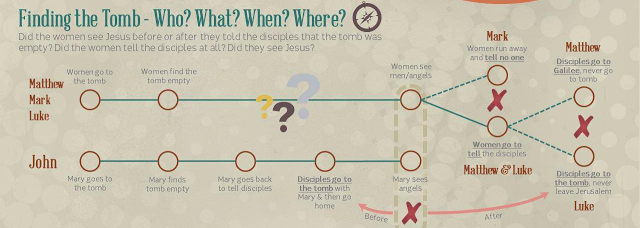


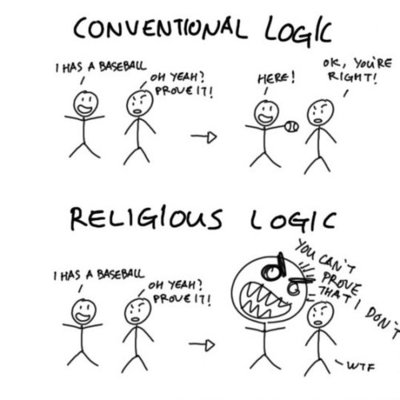




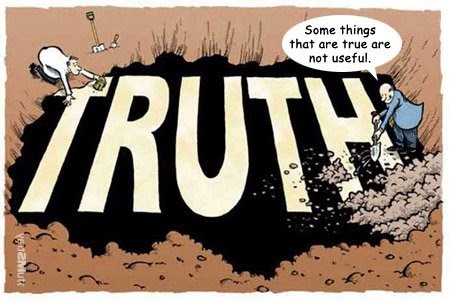



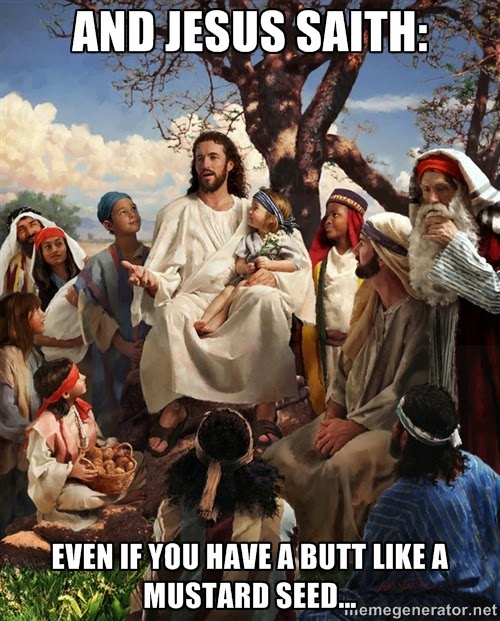




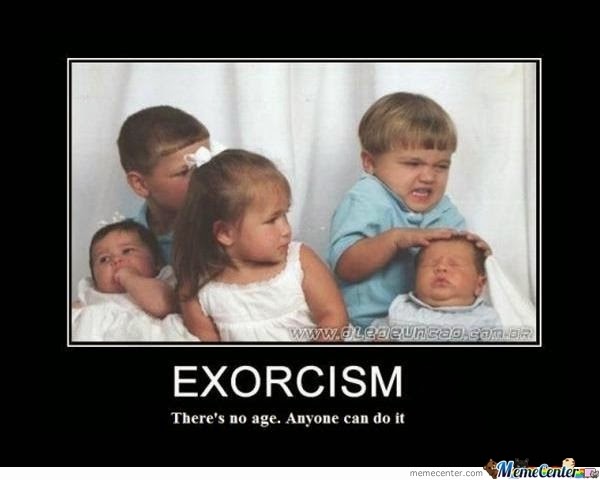

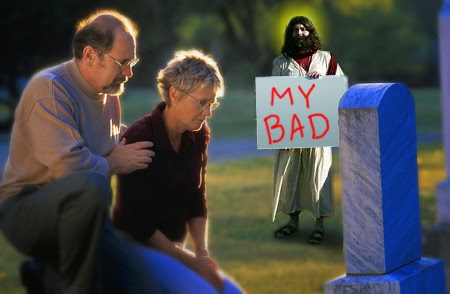
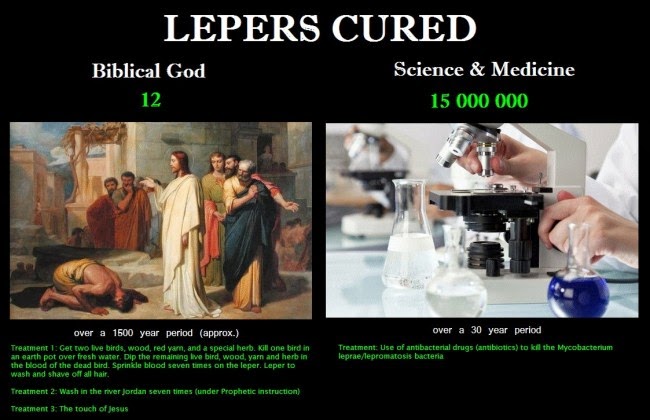
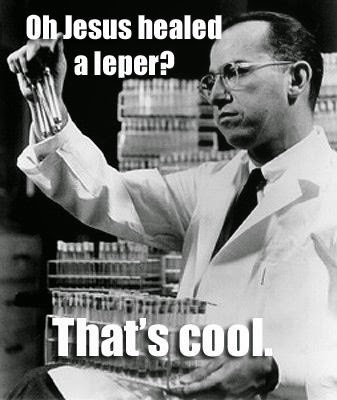

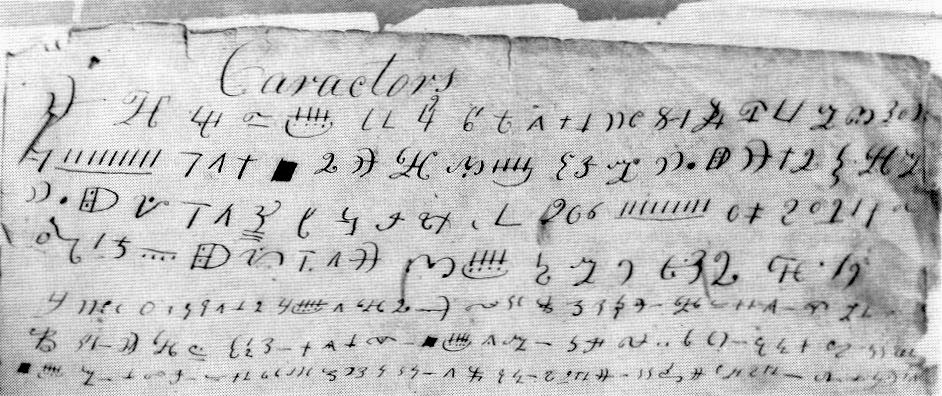


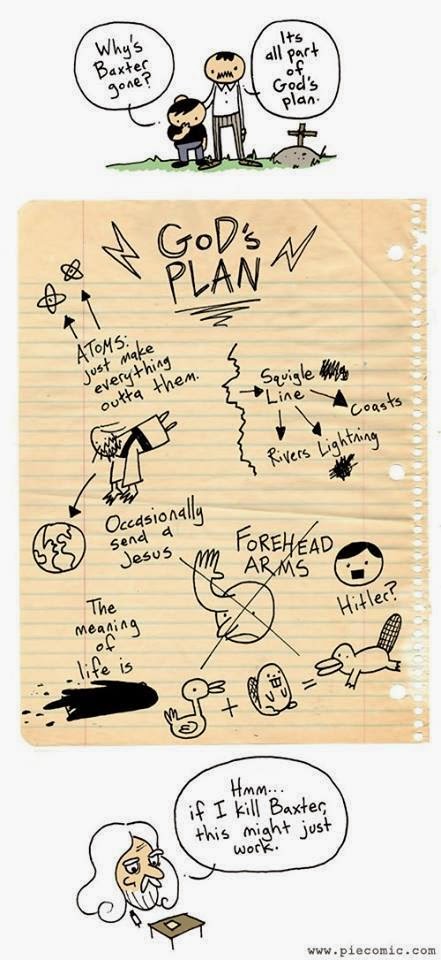

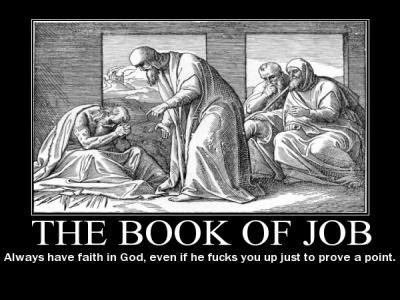
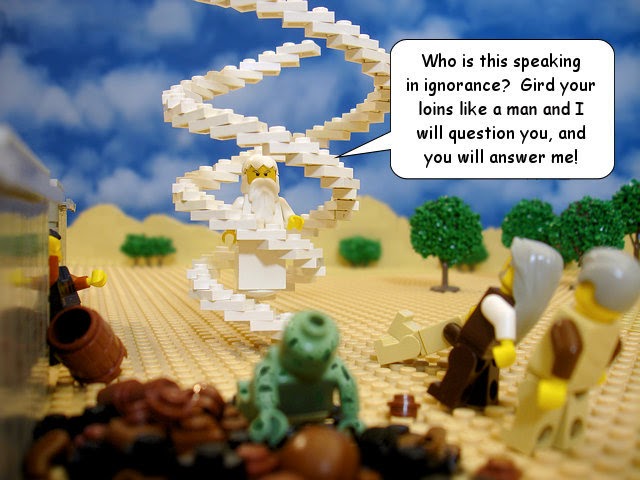

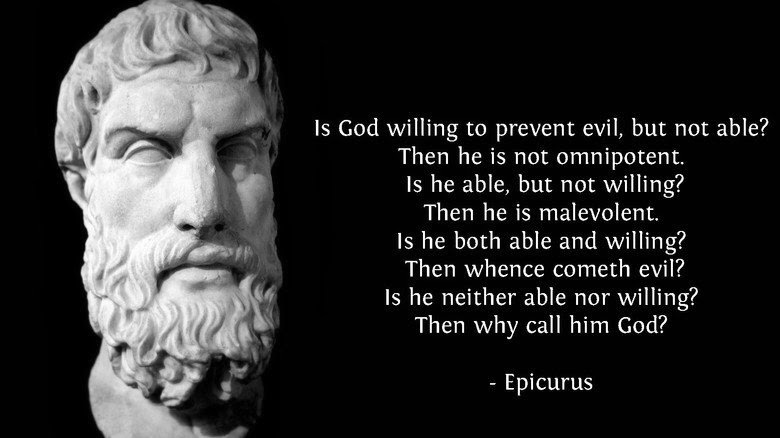



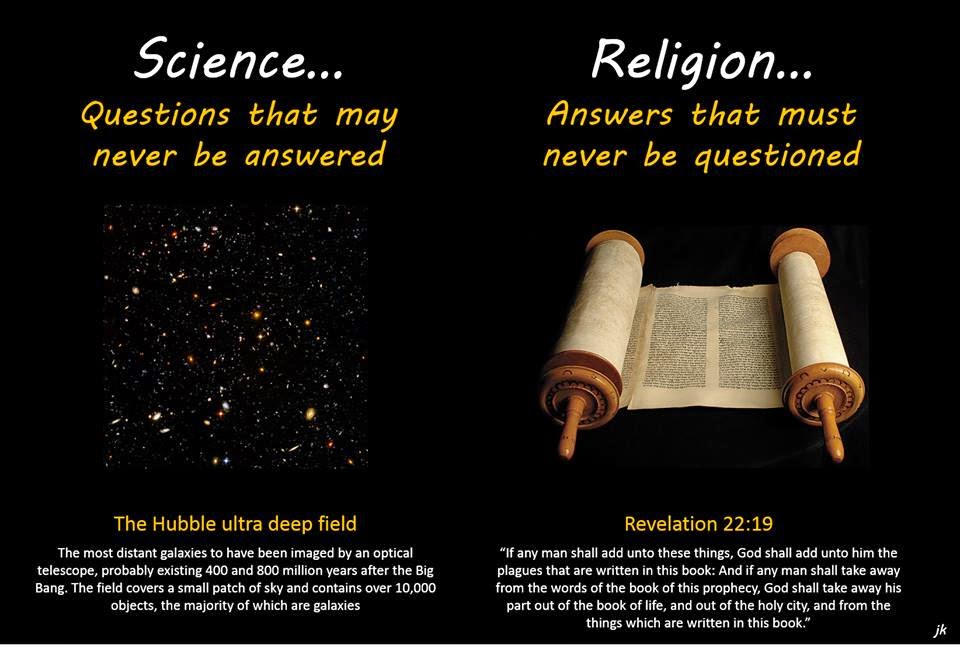






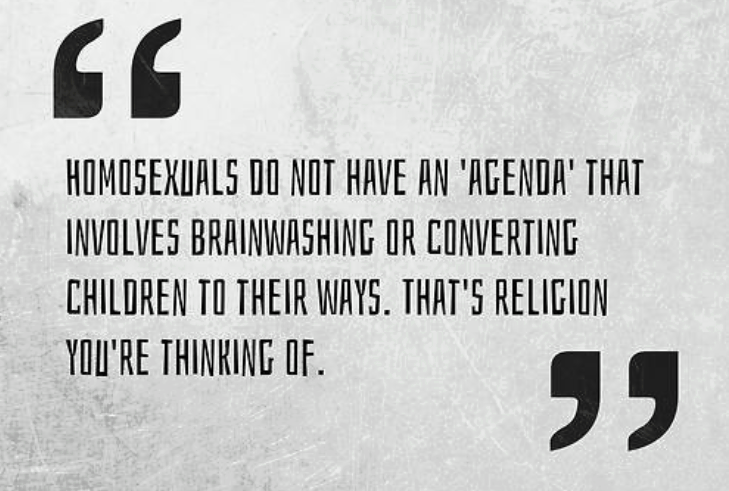








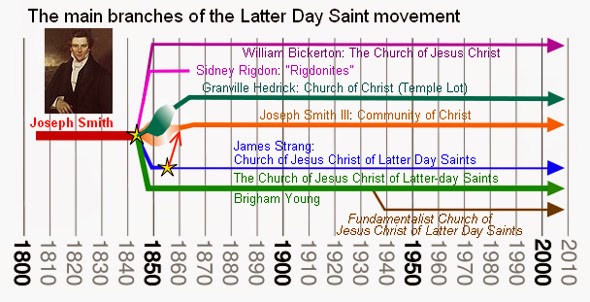

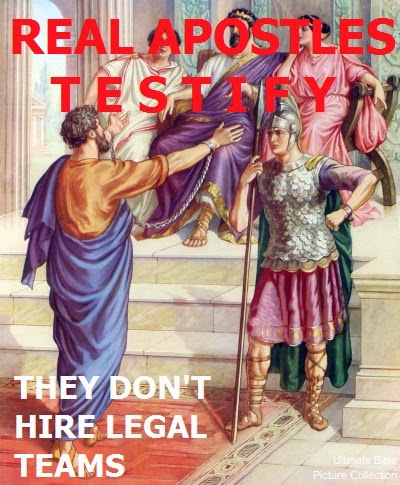




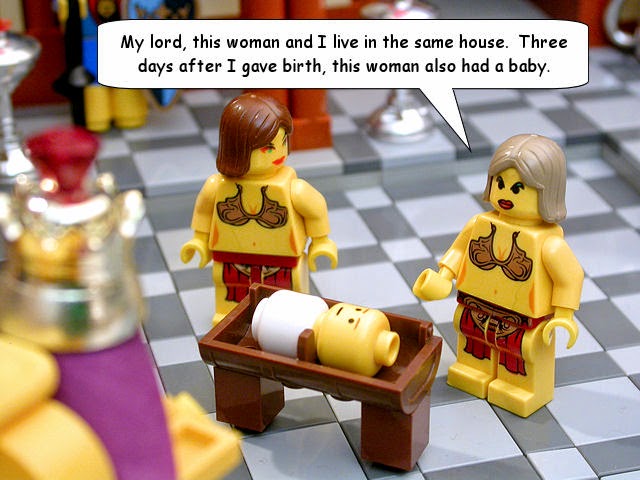
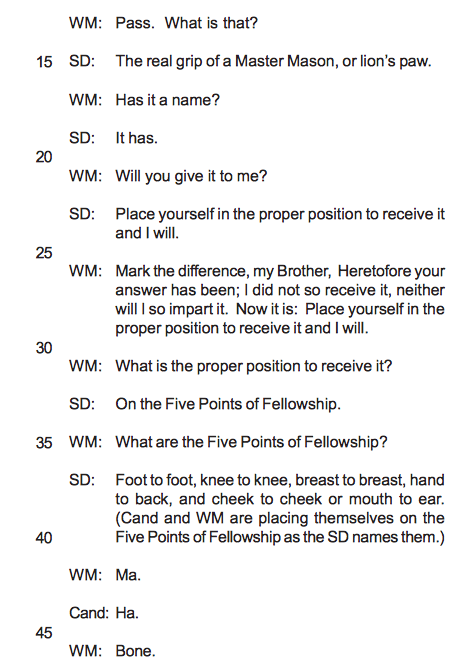


Recent Comments